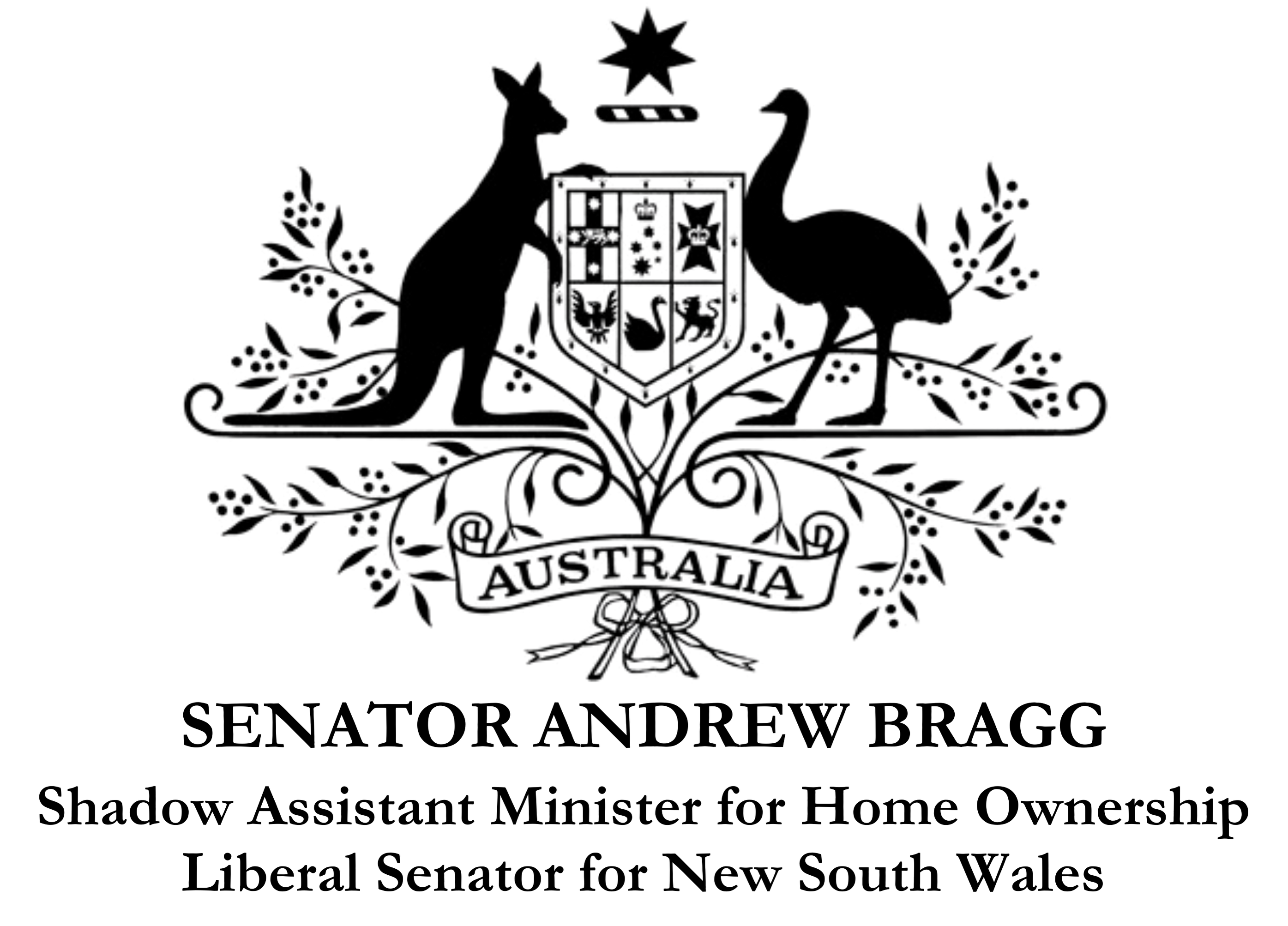Voice Debate Doesn't Have to Be This Polarised


Any student of Australia’s system of government will tell you a constitutional change is much harder than climbing Mount Everest. No changes since 1977 and not even a referendum for almost 25 years. The Indigenous voice concept is a particularly challenging change as its most immediate focus is a particular minority group. There are strong parallels with same-sex marriage. Just as most Australians are not same-sex attracted, most are non-Indigenous. A minority asking a majority for something is a tough starting point. Accordingly, there are numerous risks, some of which can be managed, others that cannot. I have seen this as a pretty basic idea for many years: if you want to make special laws and policies for a group of people, there should be proper consultation with those people. On the ground in western NSW, that is what people want: proper consultation on government services and policy. That is the practical component. According to the Parliamentary Library, there are 18 special laws made for Indigenous people by the federal government. As a legislator, I know that the parliament is without a mechanism to consult the subjects of these special laws. I think this is illiberal. If a special law were made about me, I would expect there to be careful, considered consultation. There is also the symbolic need to “complete our Constitution”, as Tony Abbott called it, by recognising the ongoing Indigenous connection to our country in our nation’s birth certificate. With some notable exceptions, the bulk of the conservative media voices are against the voice. It is not a popular concept among Liberal Party members. I think a few key actions could significantly reduce the risks. First, there should be a parliamentary inquiry into the question, wording, model and scope of the voice. The various legal and constitutional issues that repeatedly are being aired in newspapers such as The Australian need to be addressed appropriately. I am not suggesting that falsehoods, misinformation and red herrings deserve to be taken seriously. However, the legitimate issues must be addressed. The only question is whether it can be done in a timely fashion. One such example can be found in the piece written for The Australian on October 3 by barrister David McClure. In this piece, McClure sets out substantive issues of the voice’s scope and intersection with the courts. I have suggested to the former and current government that a parliamentary inquiry would allow for these issues to be addressed. The other benefit of this approach is there may be opportunities for consensus to be achieved. At the moment, there are polar opposite views being expressed on these matters. The parliament is not the only stakeholder here but it needs a mechanism to work towards common goals. Surely a model for constitutional amendment should be presented alongside an exposure draft bill so that people can see what is being proposed. Noel Pearson said as much last year so that“all parliamentarians and members of the Australian public can see exactly what the voice entails”. Second, efforts to restrain the vote or campaign in which Australians are due to engage should be avoided. This means two things in my mind. The parliament shouldn’t frustrate the vote, and there should be no effort to stop or regulate campaigns for and against. As always, we should not seek to limit the communication of different opinions. A 2021 parliamentary report on referendums proposed controlling the Yes and No cases. This would be crazy and totally counter-productive. I am certain that there will be a number of campaigns in support of Yes and No. There was a “Liberals for No” against same-sex marriage as part of the broader No campaign. The No campaign was hurtful to many but ultimately it was unsuccessful. Of Coalition seats, 71 of 76 voted Yes. The reality is, no campaigns come with the territory. Legislation to facilitate the referendum should be a fait accompli. Despite strong views in favour of the monarchy, no senator or members ought to frustrate the 1999 legislation to facilitate the republic referendum, which passed unanimously. In 1999, the Liberal Party allowed its parliamentary members to run their own campaigns for and against. It happened the same way in 2017for the marriage survey. It’s hard to see this established precedent changing. While the media may make a big deal about the divergence of views, I believe this shows the maturity of Australian liberalism. Third, denigration of Australia will not fly. Most voters do not believe that Australia is a terrible country and they would be right. Our history has been good and bad, mainly good but very bad on the treatment of Indigenous people. I believe the presentation of the Yes case should show how voting Yes will improve our country rather than pursuing any other matter. Unless it is unifying in both form and substance, it won’t work. This is not a green light for further whitewashing; rather,a recognition that this particular initiative needs to be a contribution to nation building. It must sit inside the Pearson formula that presents Australia as a unified nation drawing on three great heritages: the Indigenous as first peoples, the British as creators of institutions that underpin the nation, and the multicultural gift that has enriched us all. Millions of people have migrated to Australia to be part of our story. They will not vote to support division or the tearing down of Australia’s British inheritance. Ultimately, the challenge of delivering a voice is enormous and it must be “de-risked” if there is to be any chance of success. Andrew Bragg is a Liberal senator for NSW


.png)
.svg)

.svg)
.svg)